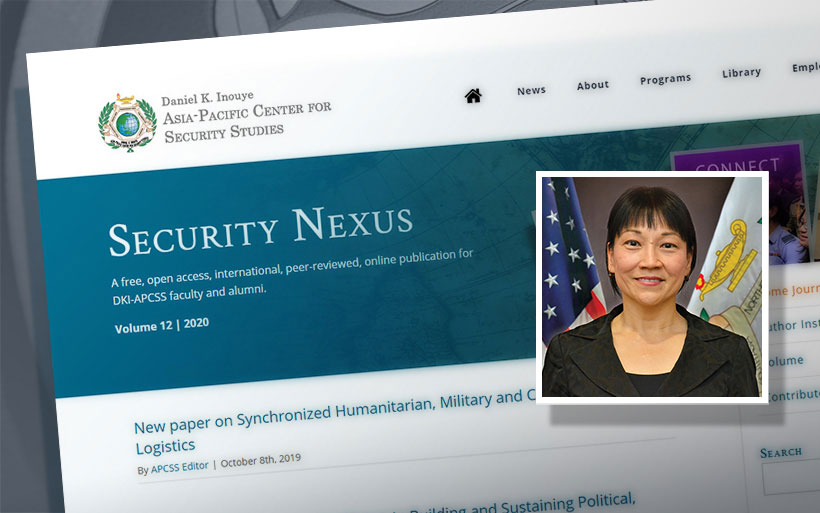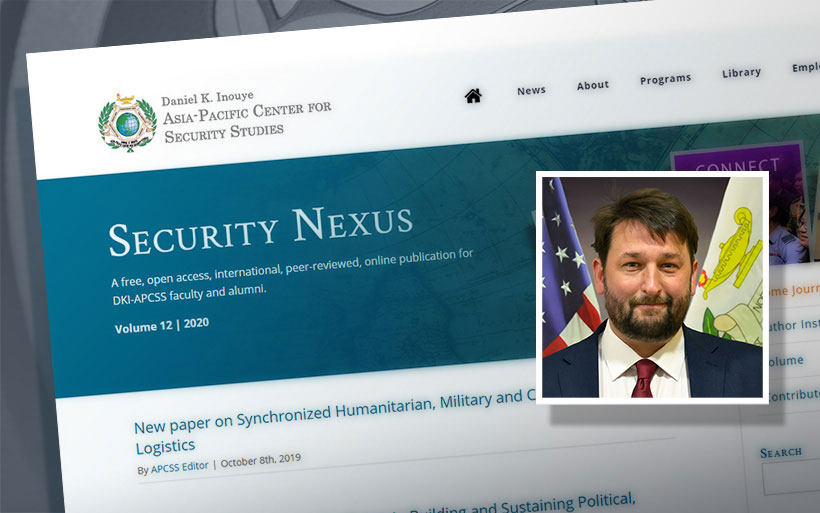Mass Surveillance and Individual Privacy
Dr. Inez Miyamoto shared her perspectives on “Mass Surveillance And Individual Privacy” for DKI APCSS’ Security Nexus. Here is an excerpt from the article: During a crisis, governments will seek to implement technological solutions in an effort be responsive. [...]







